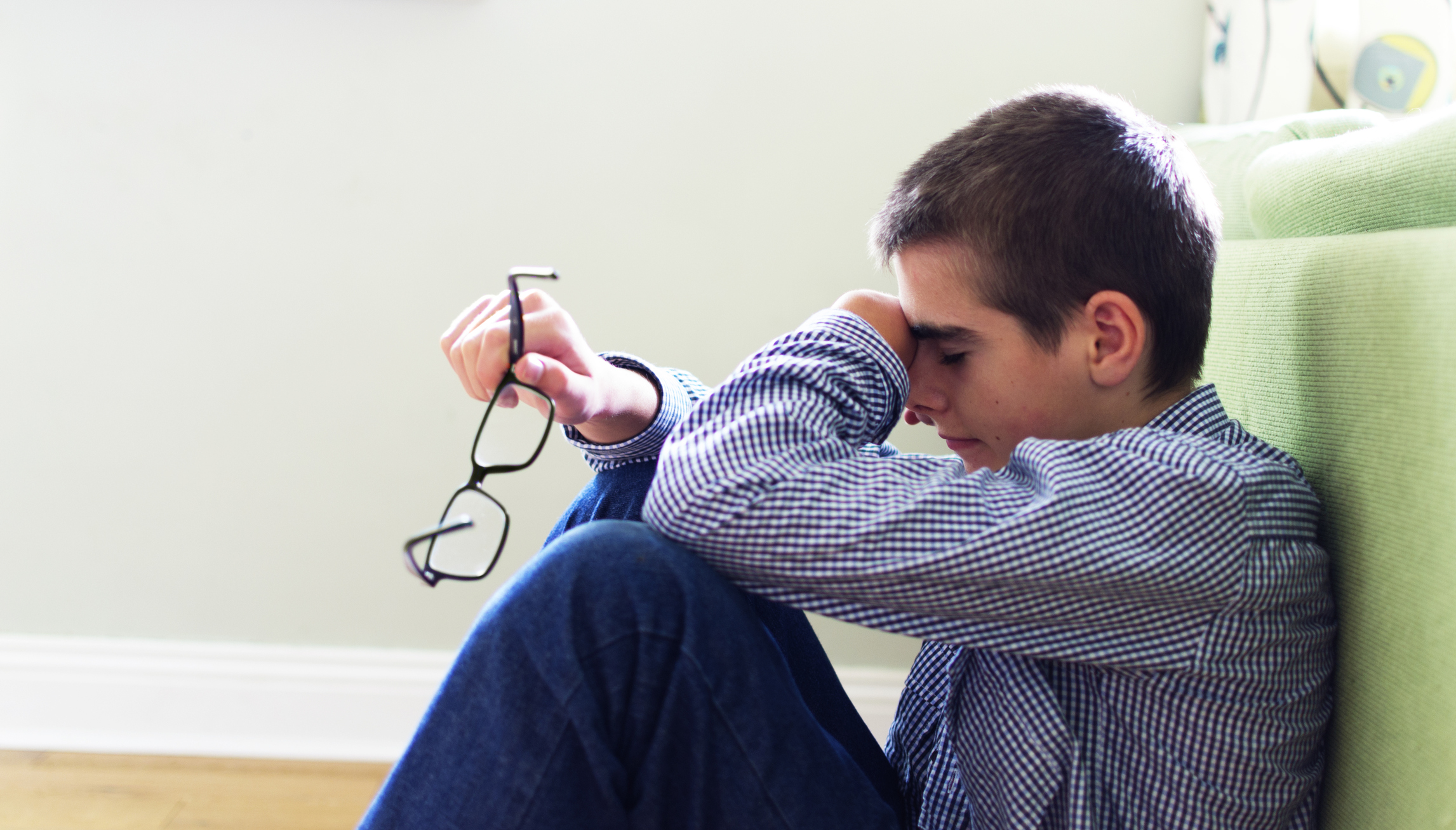So much is in the news about young people’s mental health and emotional wellbeing. This is a good thing because it's brings the subject to the forefront of our minds and hopefully helps to remove the stigma
One in three of us will be affected at some time in our lives by mental health issues. With the right help and support most people get better and build resilience. Sometimes resilience is low for a variety of reasons and extra support is needed.
Adolescence is a time of mood variations and real pressures around identity and relationships. If you feel your son's current state is unusual for him, it might be helpful to think about the following things:
- When did you first notice and become worried? Has anyone else noticed?
- Is he able to go to school/college/work every day? Is he seeing friends as usual?
- Has he recently experienced any changes, e.g. leaving school/starting college/changing acadmic subjects/difficulties with friendships/ bereavement etc
- Is he sleeping ok and feeling rested? Is his appetite ok?
- Is he expressing any anxiety?
If the answers you get help you to clarify your concerns, the first step would be to try and talk with him. It’s good to tell him what you’ve noticed and check out how he’s feeling.
If that goes well you could make a plan together to support him, this may be range of different things depending on what he thinks would help.
If you’ve tried and things don't improve it may be time to talk to a professional. This may be a GP or a therapist. Try to talk to your son about getting help, emphasising that help and support is available and necessary. If you are worried about safety or serious self harm it is important to get an urgent GP appointment.
You may also need help and support so as not to feel alone. Trusted friends and family members may be the first people to turn to. If you need more information and guidance contact your GP, a health professional or therapist.
*Young Minds have a free parental support line Mon–Fri 9.30-4pm. Tel 0808 802 5544 www.youngminds.org.uk
Some of the things we know help with depression
- Exercise
- Good sleep/rest habits
- Good diet
- Talking to peers, family, therapist
- Education – there is lots of online help and special apps for depression and anxiety
Making some simple changes has been shown to increase good mental health
Some people find Mindfulness helpful and there is a free phone app called Headspace.
There are also advice and leaflets available at The Royal College of Psychiatrists
If you are worried make an appointment with your GP, if you are concerned about your adolescent's safety get urgent help.
If you would like a discussion on the phone please email me and we can arrange a time to talk

